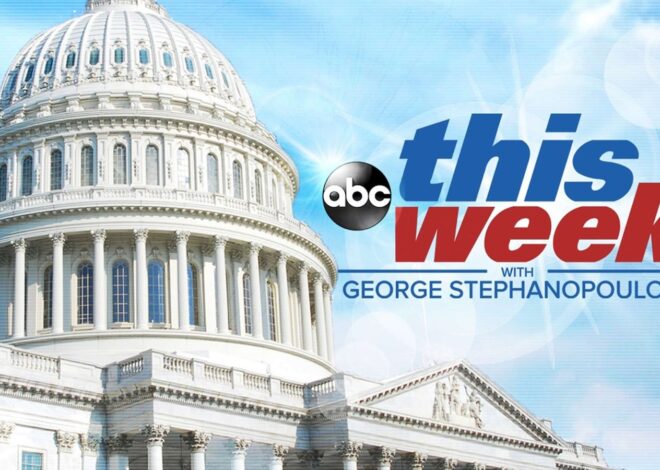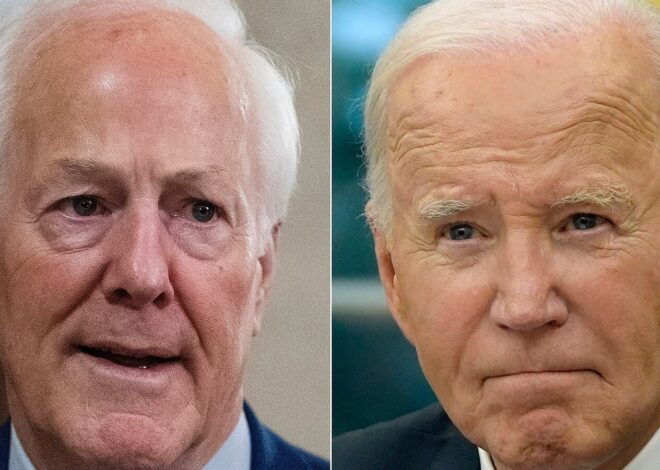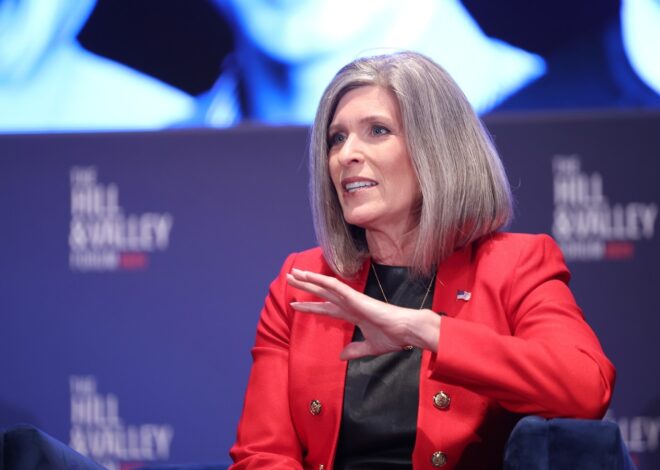
Sources: Legal Teams Review Unfinalized Air Force One Deal Between Trump and Qatar
The Complexity of a Gift
Perhaps every significant event sneaks in quietly, like a headline read on a calm morning. The legal teams at the White House are busy ironing out the nuances of a rather unexpected gift – a luxury Boeing 747-8 jet from Qatar. This diplomatic offering is not just a mere transaction but a moment of contemplation, negotiation, and perhaps a dash of controversy.
Despite prior assertions by the Department of Defense, it seems that the United States has not yet officially finalized the details of accepting this luxurious aircraft. The notion of owning a Boeing 747 from Qatar, which is already stationed in the United States, is under the scrutiny of multiple layers of bureaucracy. The Washington Post first shed light on this peculiar situation, revealing the need for an MOU, a memorandum of understanding, between the two nations.
President Donald Trump acknowledged the jet’s presence in the country, but Qatar appears keen to clarify that it was his administration that spurred the talks on this aviation donation. The official narrative is that this is a sovereign-to-sovereign gift to the US Air Force, as stated by White House spokesperson Anna Kelly. But, beneath the surface, there’s a whirlpool of legal intricacies and potential implications.
As reported by ABC News, the aircraft’s use is designated for Trump as the new Air Force One. Yet, whispers from sources suggest that once Trump leaves office, this flying giant’s ownership might shift to his presidential library foundation. It’s a peculiar arrangement, to say the least, one that hasn’t gone unnoticed by either political party.
The Pentagon, via chief spokesperson Sean Parnell, has assured the public that the plane’s acceptance adhered to all federal guidelines. He emphasized that security and functional requirements for a presidential aircraft would be stringently maintained. But, such reassurances haven’t quite silenced the buzz of anxiety. Experts in intelligence circles have flagged the arrangement as a potential risk.
Democratic lawmakers voice fears over security lapses that might arise from this gift, suggesting a possible breach into sensitive communications and systems. On the opposite end, Republican figures ponder over the wisdom of accepting such a gift from a foreign entity. Both sides raise valid intelligence concerns, leaving a cloud of uncertainty hanging over this seemingly magnanimous gesture.
John Cohen, an ABC News contributor, astutely pointed out the potential for foreign intelligence services to capitalize on any presidential vehicle or aircraft as a high-value target. This thought alone is enough to stir unease in the hearts of those responsible for the nation’s safety.
Yet, Trump’s stance remains firm. He sees the jet as a “very nice gesture,” dismissing the notion of refusal as sheer folly. In his words, declining such an offer would be “stupid.” There’s a candidness to his acceptance, a simplicity in seeing the gift for what it appears to be, without delving into the complications that lie beneath.
Such is the nature of international gifts – they carry with them layers of diplomatic, legal, and security concerns. This particular instance is a vivid reminder of how seemingly generous offers can be fraught with complexities. The luxury jet from Qatar has morphed from a mere aircraft into a symbol of intricate international relations, prompting us to reflect on the nuances that govern such exchanges.
For further insights into this story, ABC News provides detailed coverage.



